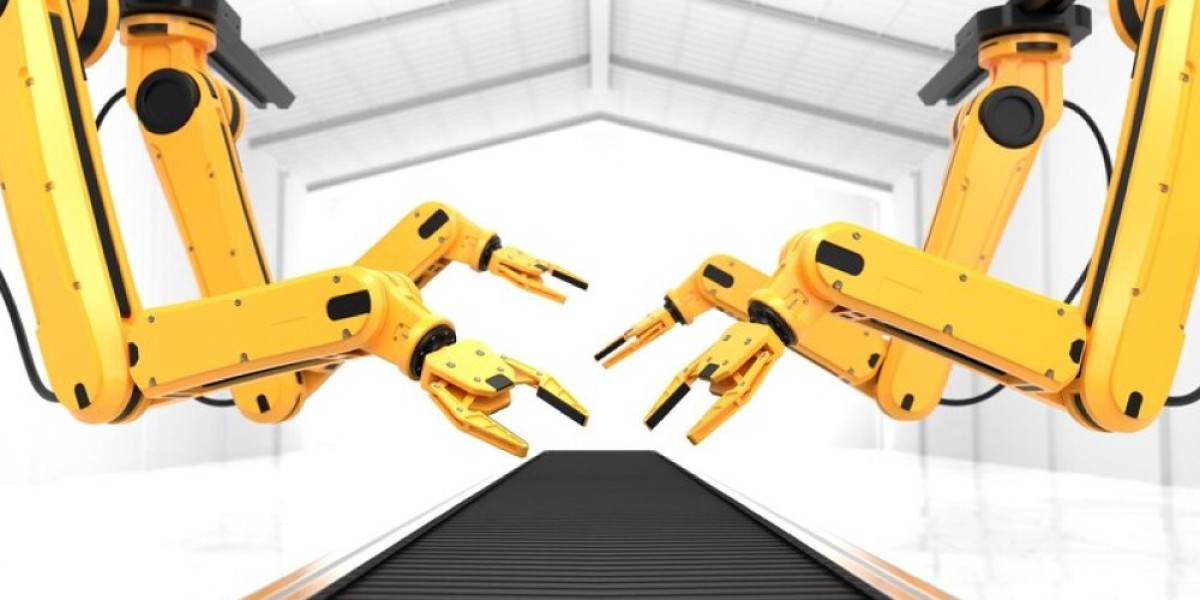The Metal Foundry Products Market Size is expected to grow significantly over the forecast period. Factors such as urbanization, industrialization, and technological advancements are contributing to this growth. The market includes various segments, such as alloy and steel casting, which are essential for manufacturing durable components used in numerous applications. As industries continue to expand, the demand for high-quality metal foundry products is anticipated to rise, further increasing the market size.
The Metal Foundry Products Market plays a pivotal role in the manufacturing and construction sectors by providing essential raw and semi-finished metal products. Foundry products, including castings, ingots, and molds, are used across automotive, aerospace, machinery, and energy industries. Rising industrialization, growing infrastructure projects, and increasing demand for durable and customized metal components are driving the global metal foundry products market. Technological advancements in casting, molding, and alloy composition are shaping the competitive landscape of this market.
Market Overview
Metal foundry products include ferrous and non-ferrous castings, alloy-based components, and specialty metal products. Ferrous castings, made from iron and steel, dominate the market due to their strength and cost-effectiveness. Non-ferrous products, such as aluminum, copper, and brass, are gaining popularity for their lightweight and corrosion-resistant properties. Automotive, aerospace, and industrial machinery are major end-users, with increasing demand for high-quality and precision-engineered metal components. Global supply chains are evolving to meet the rising demand for specialty alloys and complex casting designs.
Technological Advancements
Foundry technology is evolving rapidly with innovations in 3D printing, automated molding, and advanced casting methods. Additive manufacturing enables complex designs that reduce material wastage and production time. Simulation software allows foundries to optimize casting processes, predict defects, and ensure quality control. Additionally, sustainable practices, such as using recycled metals and eco-friendly binders, are becoming mainstream. Automation in material handling, melting, and molding ensures consistency, precision, and higher productivity.
Regional Insights
Asia-Pacific leads the metal foundry products market due to rapid industrialization, automotive manufacturing, and infrastructure projects. China and India are key contributors, followed by Japan and South Korea. North America and Europe focus on advanced foundry technologies and high-precision products for aerospace, automotive, and defense industries. Middle East and Africa are gradually expanding their foundry capabilities due to construction and energy sector growth. Government support and investments in modern foundry technologies are driving regional market growth.
Market Drivers and Challenges
Rising demand for metal components in automotive, aerospace, and construction industries is a major driver. Increased adoption of precision casting, technological advancements, and focus on sustainability are also fueling market growth. Challenges include fluctuating raw material prices, energy-intensive production processes, and environmental regulations. Companies are investing in research and development to improve efficiency, reduce emissions, and produce high-quality metal foundry products.
Future Trends
The market is expected to focus on automation, advanced alloys, and eco-friendly foundry practices. Hybrid manufacturing solutions, combining casting with additive manufacturing, will gain prominence. Digital foundries leveraging IoT, AI, and cloud-based process monitoring are emerging to enhance quality, reduce production costs, and shorten lead times. Sustainability initiatives, such as recycling scrap metal and using green binders, will define the future trajectory of the market.
FAQs
Q1: What are the main types of metal foundry products?
Ferrous castings, non-ferrous castings, specialty alloys, and semi-finished components are common metal foundry products.
Q2: Which industries consume metal foundry products the most?
Automotive, aerospace, construction, and industrial machinery sectors are the largest consumers of metal foundry products.
Q3: Are foundries adopting sustainable practices?
Yes, foundries are increasingly using recycled metals, energy-efficient processes, and eco-friendly binders to reduce environmental impact.
More Related Reports:
Sensor Based Sorting Machines For Mining Market
Stone Processing Machine Market







